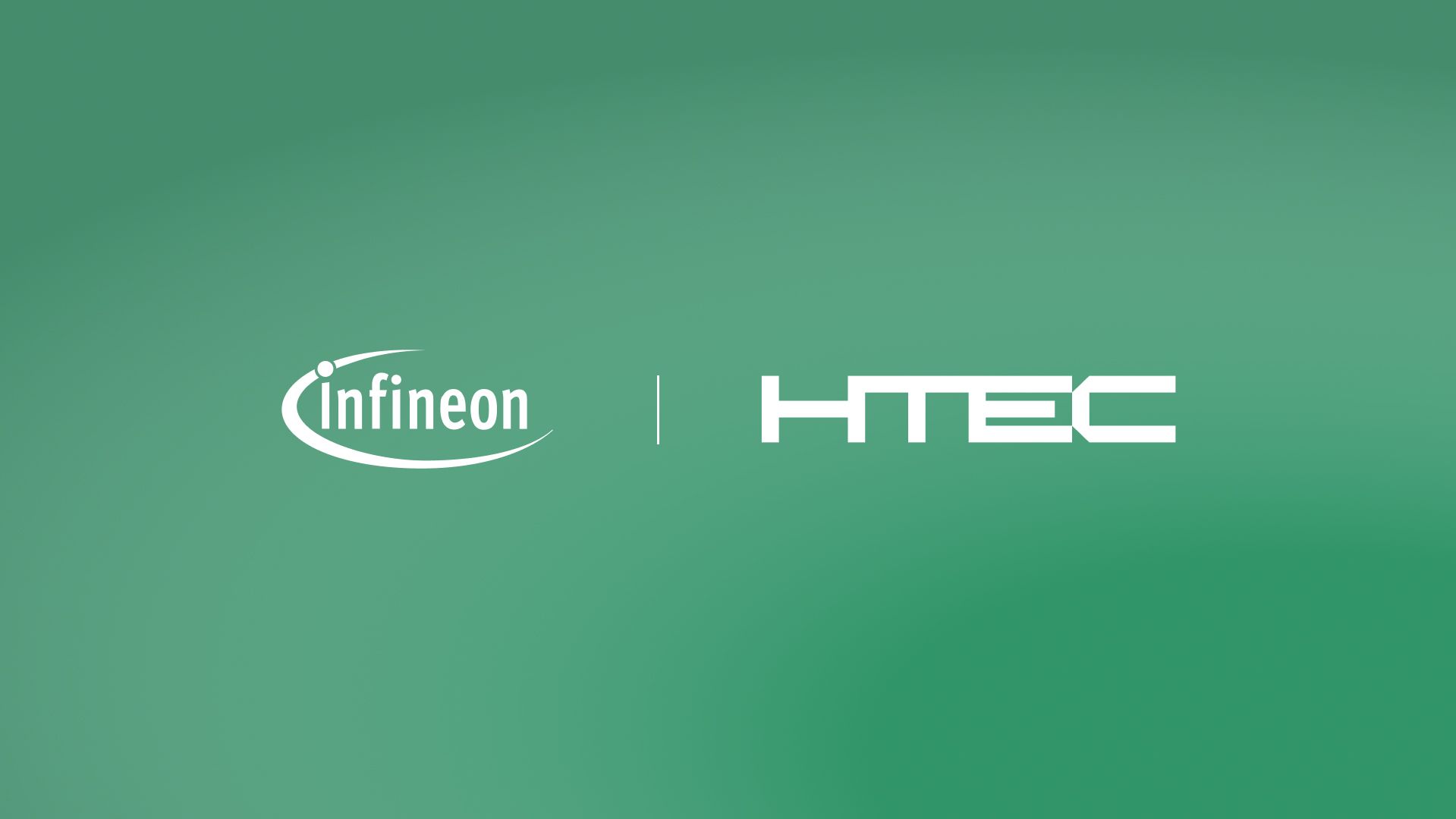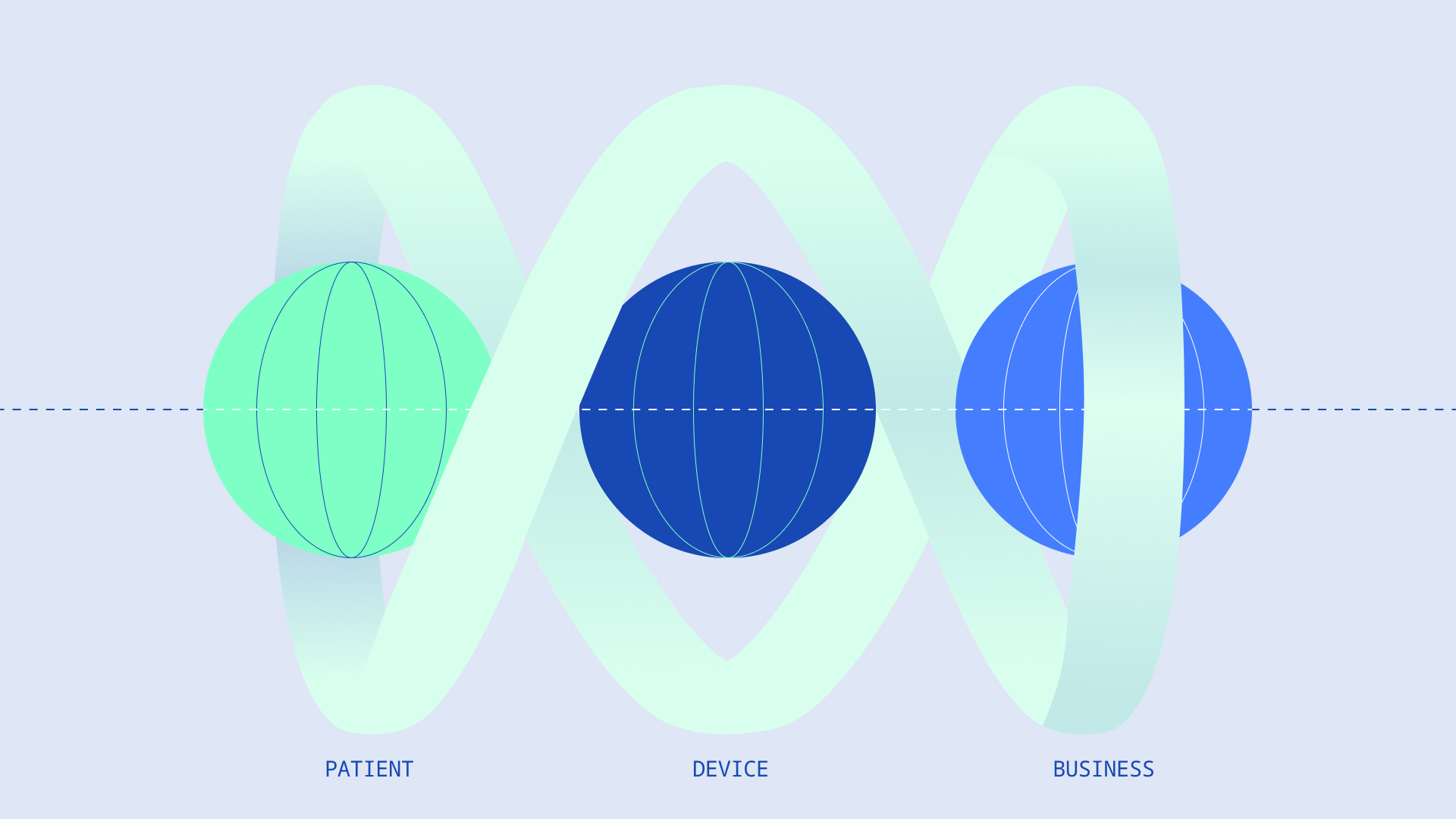If there’s an upside to the COVID-19 pandemic, it’s that it forced the healthcare industry to reevaluate its relationship with technology.
Physicians and patients have embraced medical technology (MedTech) like never before, as the industry looks to improve patient care management at a time when the human touch is potentially more damaging than healing.
There are a whole host of ways that MedTech innovation has improved healthcare during the pandemic, from telemedicine to health-related applications to patient-centered monitoring. These innovations were in the works pre-pandemic, but COVID-19 has accelerated the process.
Reinventing healthcare with MedTech innovation
In 2020, telemedicine technologies gained attention as social distancing guidelines made it difficult to visit a hospital for simple check-ups. Telemedicine’s previous slow pace became an avalanche of adoption in 2020.
According to some reports, video and online appointments have increased by more than 4,000%. The person-to-person infectiousness of COVID-19 made in-person check-ups impossible, and telemedicine was there to pick up the slack. But telemedicine is here to stay as more hospitals and patients enjoy its benefits, namely reduced costs and increased efficiency.
MedTech innovation hasn’t just changed how consultations and diagnoses are done. It has played a starring role in fighting COVID-19, notably via government-coordinated track-and-trace systems designed to restrict the virus from spreading through communities.
With a substantial percentage of the world’s population at home in lockdown, people have reacted by monitoring their vital signs themselves. There’s more reliance now on health-related applications and wearable devices that allow people to take control of their health and make fewer doctor’s appointments.
MedTech is a cure for a world in lockdown
Technology has been instrumental in allowing society to function, while many have been stuck at home due to COVID-19 lockdowns. MedTech apps and devices, for instance, have helped alleviate the reliance on hospital staff members.
In many cases, technology has also proven to be more efficient than people, especially regarding data management and analytics. Artificial intelligence and machine learning algorithms can identify and evaluate specific pieces of patient data at a moment’s notice, saving time and lives.
The continued improvement of AI has become more important during the pandemic. AI has been able to perform necessary tasks ranging from analyzing X-rays and MRIs to cleaning laboratories after use. Patients and physicians have long been somewhat fearful of machines making decisions. Still, the pandemic created an environment where the healthcare industry has no option but to put its trust in technology.
What does the future hold for MedTech innovation?
What are the medical trends to watch? For one, expect the industry to continue moving towards patient-centered care management, with more dependence on self-monitoring and a plethora of applications and wearables that allow people to track their own health. We also expect the astronomical rise in telemedicine to continue even after the pandemic is over.
Reliance on big data will also continue to play a key role, along with software that allows clinicians to more easily sift through mountains of information to identify patterns and conditions. AI, virtual reality, and augmented reality will also have a major role as a new generation of doctors learns to weave their way through a digital world. The transparency of data offered by Internet of Medical Things (IoMT) devices promises to make healthcare a fairer industry.
As the COVID-19 pandemic continues to disrupt our everyday lives, it can be difficult to find silver linings. But there is hope in MedTech innovations that are revolutionizing how we look after ourselves and each other.
Want to learn more about how HTEC’s technology expertise can transform your business? Explore our Product Engineering and Healthcare & Medical Technology capabilities.





